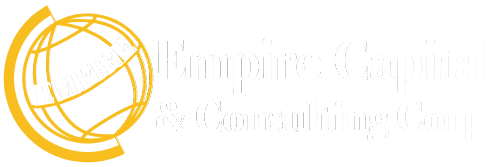As baby boomers continue at a record pace of retirement, and inflation persists despite Federal Reserve pressures to reach its stated 2% goal, the question arises: What are some of the best and easiest ways to protect my retirement money? Here are a few tips to save a lot of coins (digital and traditional):
- If you actively trade a portion of your portfolio, switch to a provider that offers free online stock and ETF trades.
- Do you have a small brokerage account that you haven’t touched since the dot-com bust? Close it or add more money to avoid ongoing account-maintenance and inactivity fees. Better yet, shop around for a brokerage that doesn’t charge any fees to maintain an account.
- Don’t overpay for mutual funds. For bond funds, setting an expense ratio cutoff of 0.75% will still keep plenty of good options within reach. You can find many worthy stock funds for 1.00% or less—preferably much less. Index funds and exchange-traded funds, many of which have expense ratios of less than 0.25% per year, are especially appealing from a cost standpoint.
- Investigate credit unions, which may offer higher yields and better loan and credit card rates than banks with a big brick-and-mortar presence (and more overhead expenses). Check out this article for more on how credit unions work.
- Don’t keep more in a non- or minimal-interest-bearing checking account than you need to; shop around for an account that doesn’t require a minimum balance and park the rest of your cash in a higher-yielding money market fund or certificate of deposit. With that in mind, here are some ideas for keeping your investment, insurance, credit card, and banking costs down.
- Watch ATM fees, either by sticking with your bank’s ATMs or opting for a bank that will offer rebates if you use an out-of-network ATM.
- Pay bills online to save on stamps.
- If you’d like to stick with your current bank but avoid extra fees, ask if your bank will waive fees if you sign on for additional services, such as electronic deposits of your Social Security checks or a money market account.
- Beware of “rapid refund” offers from tax-preparation firms, which are little more than high-interest loans. If you file your taxes electronically, your refund will come more quickly than you might think.
- Pay yourself first. Commit to a regular savings or investment program even for as little as $50 per month. Otherwise, life will get in the way and you will spend the next five years wondering where the money went… just like you are doing now about the past five years.


